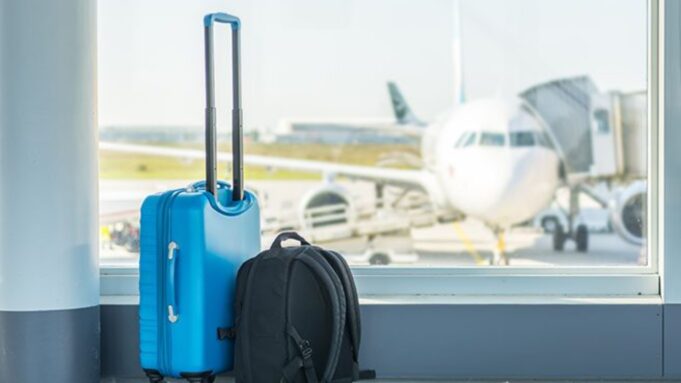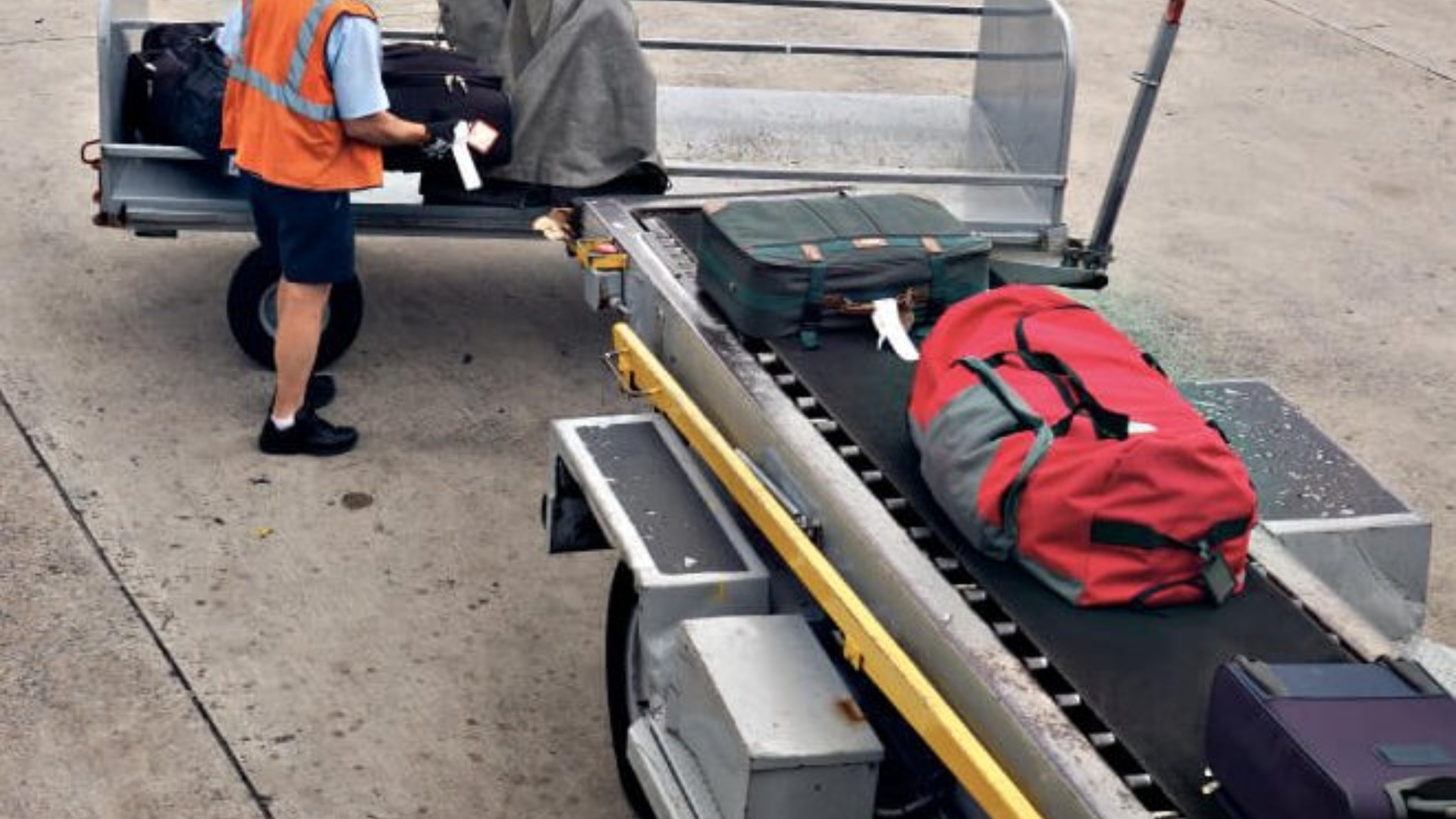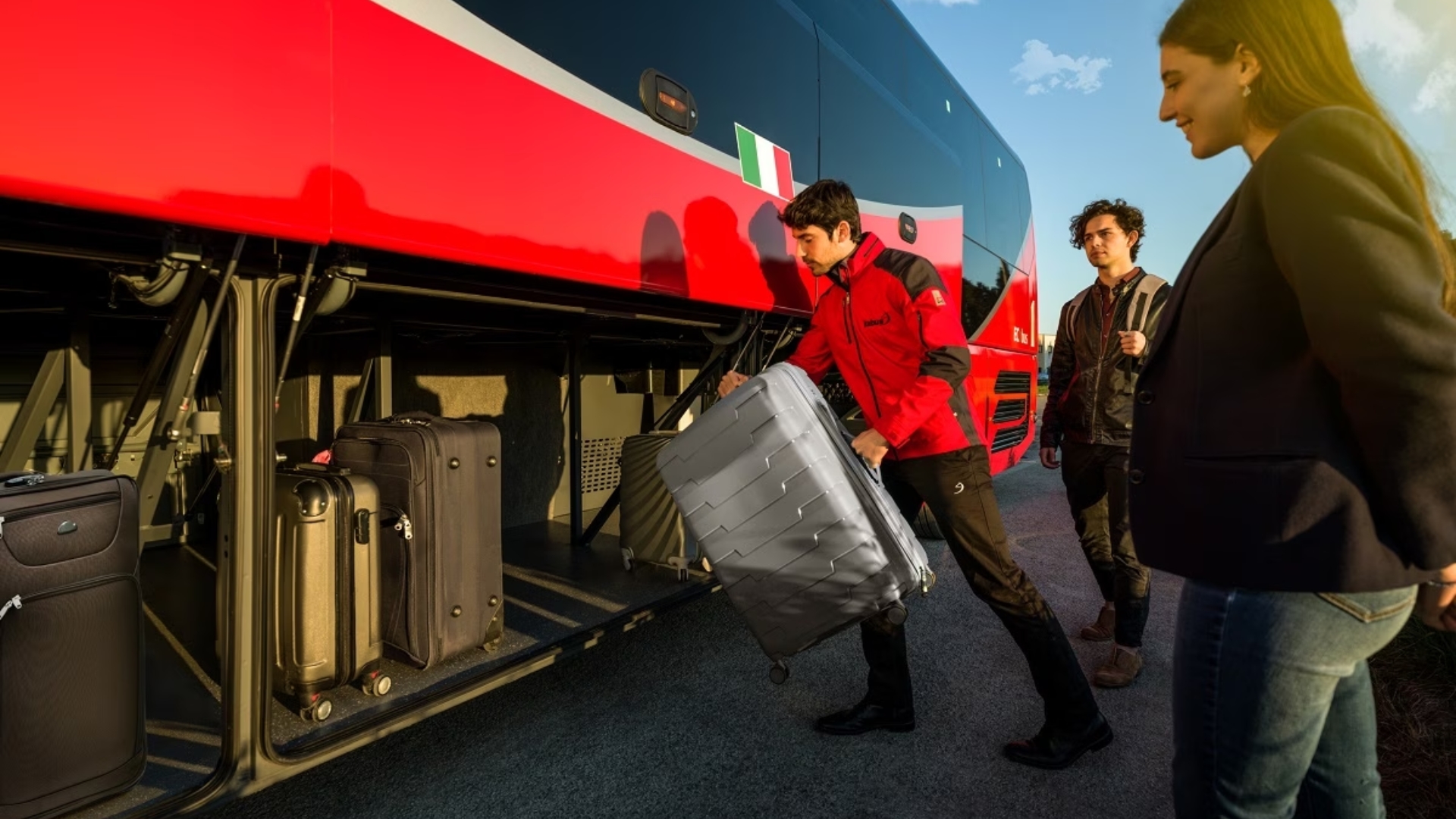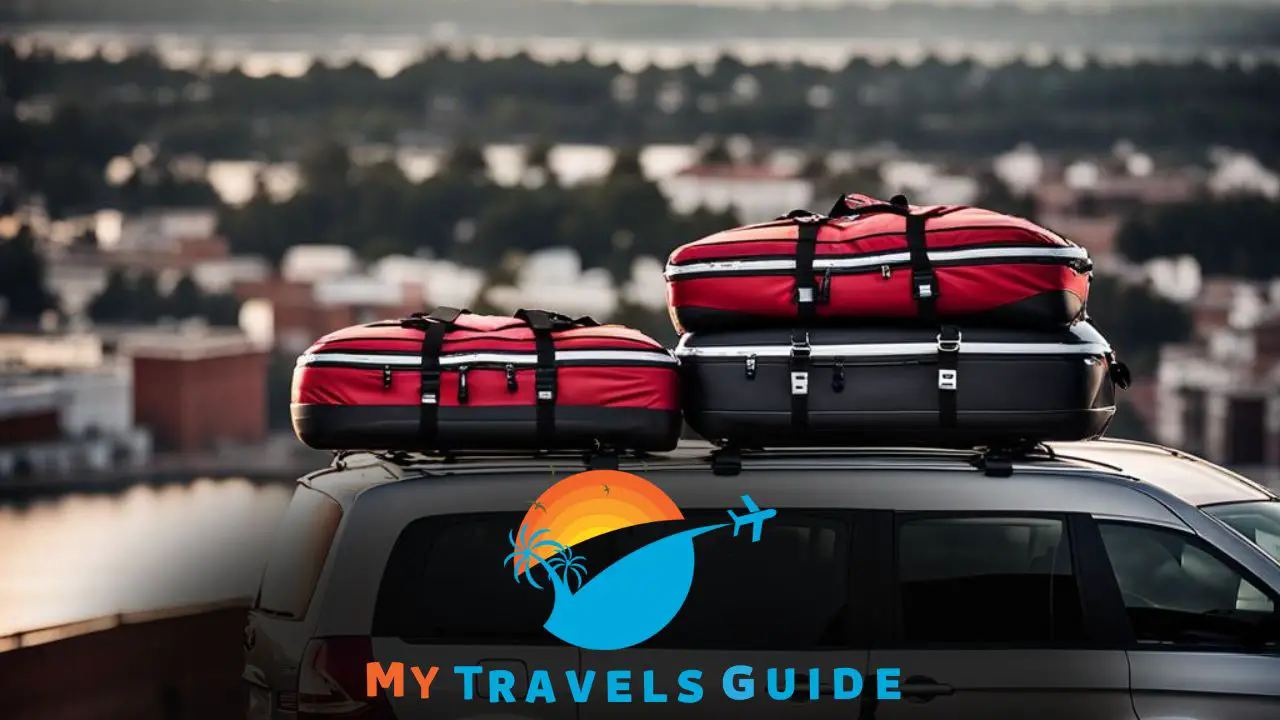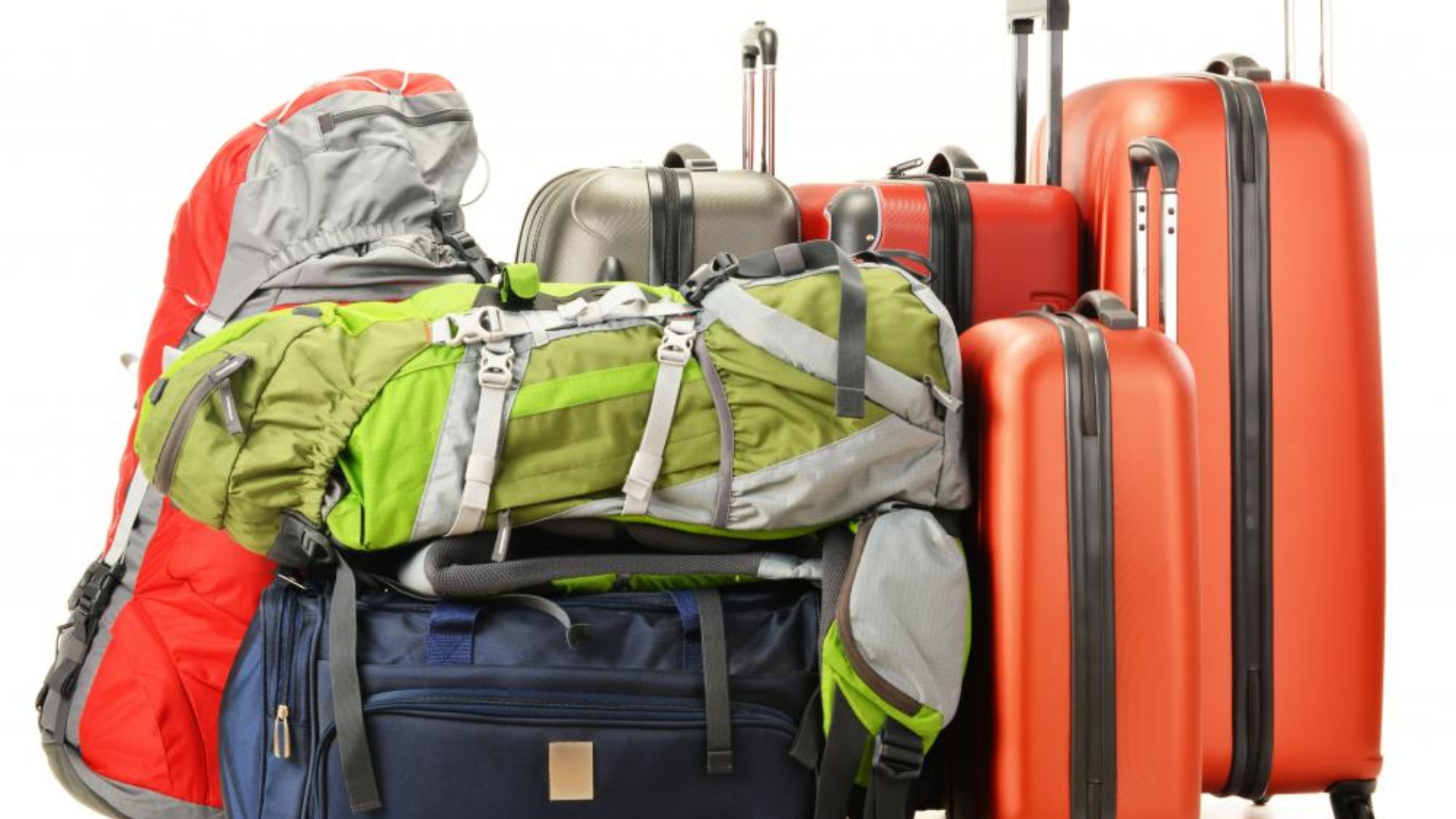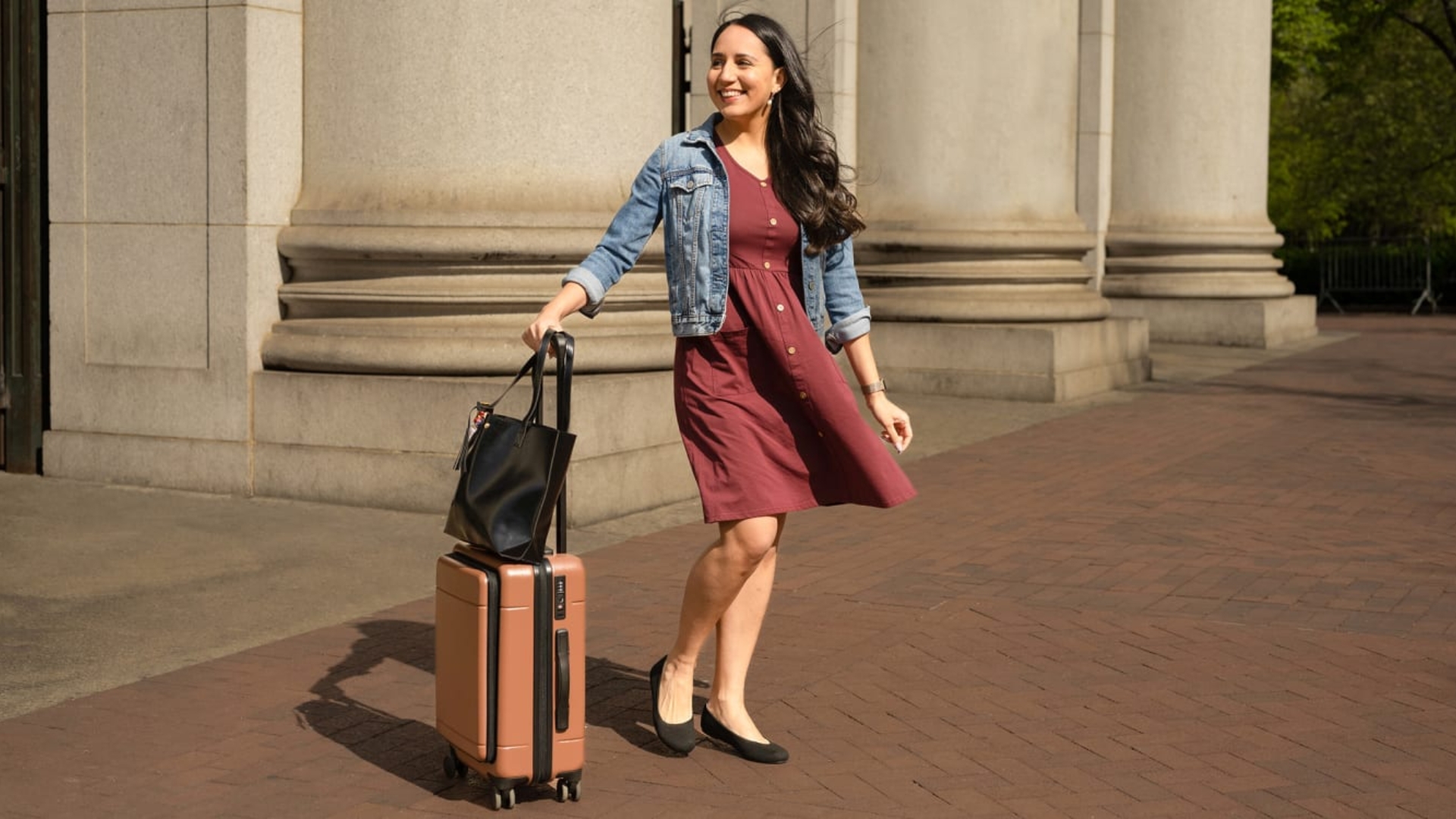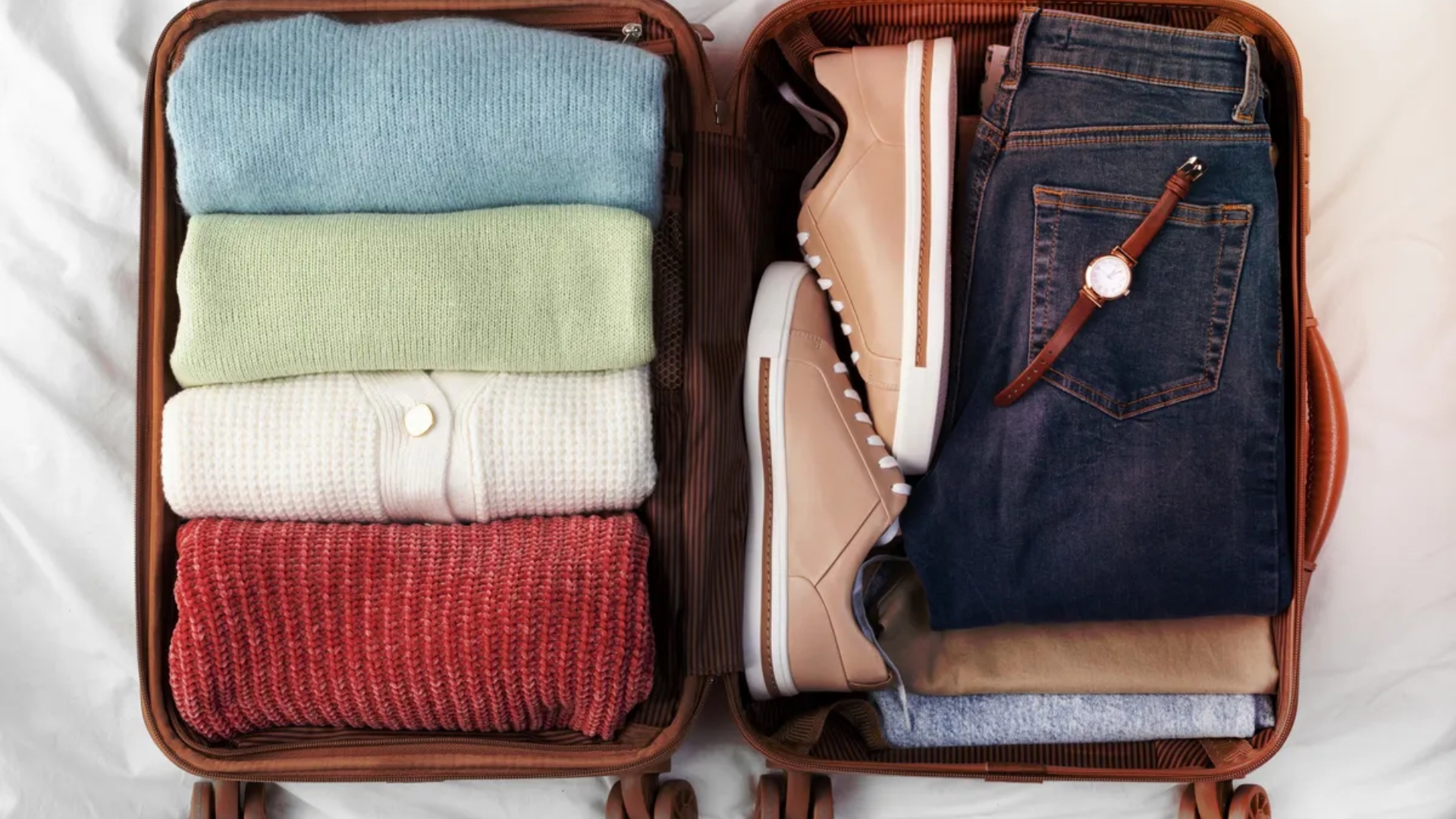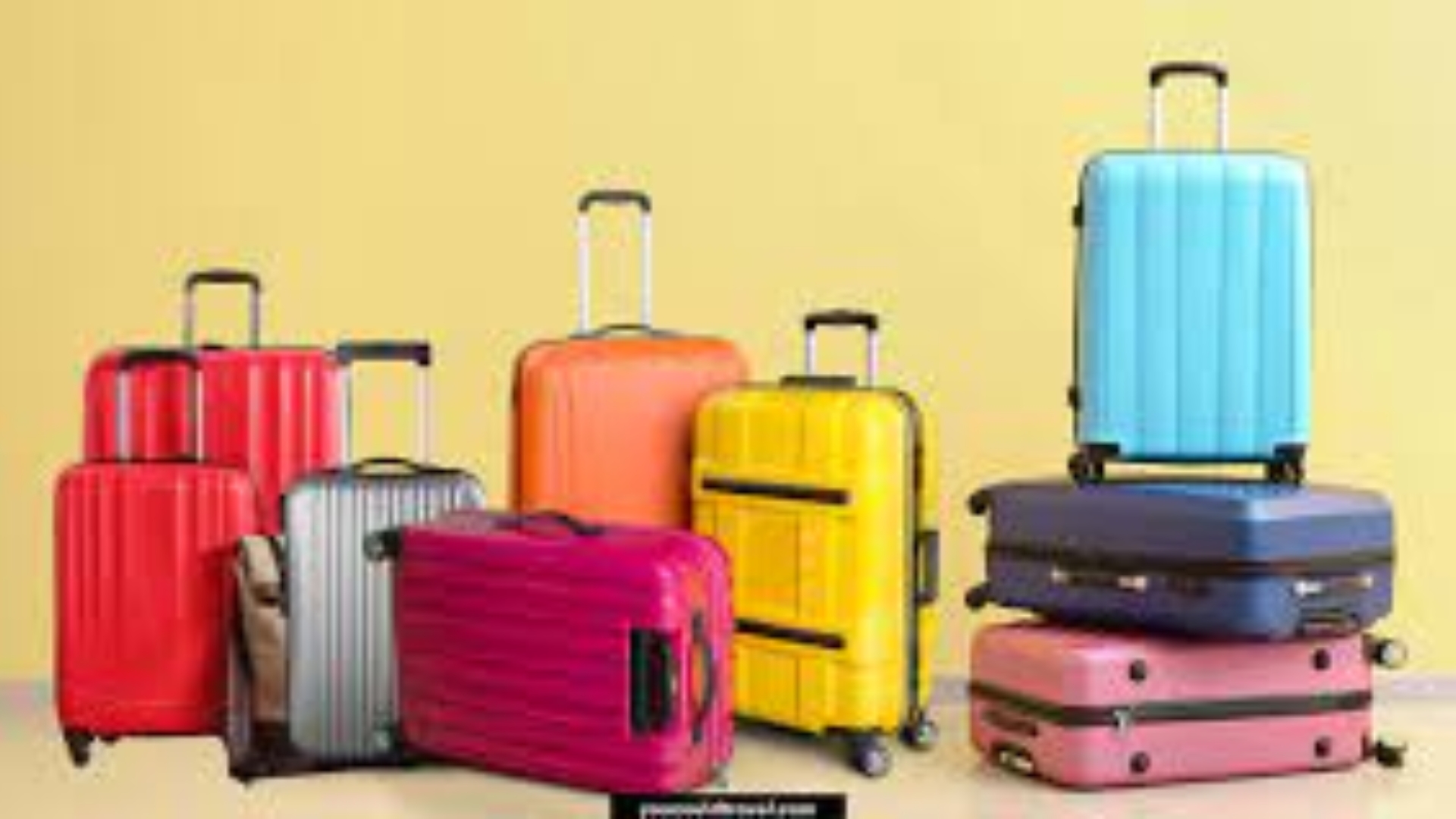In this article:
Luggage expenses can be tax-deductible if they are specifically for business travel. The travel must be primarily for business purposes and not personal to qualify.
Understanding the nuances of tax-deductible items can save money for individuals who travel for business. Luggage plays a critical role in travel; nevertheless, its purchase may not always serve as a write-off on your taxes.
For business professionals, deducting luggage expenses hinges on clearly demonstrating that the expense is ordinary and necessary for your job.
Tax codes can be complex, and it’s essential to keep meticulous records to support such deductions. Engaging with a tax professional or using reliable tax preparation software can ensure compliance with the Internal Revenue Service (IRS) regulations.
Deducting luggage as a business expense can lead to substantial savings, but always ensure your claim aligns with the latest tax guidelines.
The Basics of Luggage Tax Deductions
Understanding the tax deductions on luggage is crucial for many professionals. Traveling comes with expenses, and luggage can be part of them.
In certain cases, these costs can reduce your taxable income. This section unravels the essential information on luggage tax deductions. Knowing about these can lead to significant savings during the tax season.
Eligibility Criteria for Luggage Tax Deductions
Understanding the eligibility criteria is paramount to claiming luggage as a deductible expense. Specific conditions must be met to ensure compliance with tax regulations.
- Luggage is used solely for business travel.
- Mandatory for performing job responsibilities.
- Documented and necessary business expenses.
- Cost not reimbursed by the employer.
Types of Luggage Expenses Claimable
Not all luggage expenses can be claimed. Know what applies:
| Expense Type | Claimable |
|---|---|
| Initial Purchase | Yes, if for exclusive business use |
| Repair Costs | Yes, if for business-used luggage |
| Upgrades | Yes, for business reasons |
| Replacement | Yes, if the old one was used for work |
Navigating Tax Laws Relating to Travel Gear
When it’s time to file taxes, understanding what you can and cannot deduct is crucial. One common question many travelers have is regarding the deductibility of luggage expenses.
In this informative guide, we’ll delve into the tax laws surrounding travel gear so you can make informed decisions when managing your deductions.
Recent Changes in Tax Regulations
The tax landscape is ever-evolving. It’s key to stay updated with the latest legislation changes. Here’s a glance at the recent updates that might affect your luggage deductions:
- Tax Cuts and Jobs Act: Significant adjustments since 2018.
- Business vs Personal: Only business-related gear is possibly deductible.
- Receipts are crucial: Keep all purchase evidence.
Interpreting IRS Guidance on Travel Expenses
The IRS provides guidelines on what travel expenses are deductible. Below, we’ve synopsized how these regulations might apply to your luggage:
| Expense Category | Is It Deductible? |
| Baggage fees for business travel | Yes |
| Luggage purchase for business trips | Maybe |
| Personal vacation luggage | No |
Key takeaways from the IRS stipulations include:
- Ordinary and necessary expenses for your business may qualify.
- Personal expenses during travel are non-deductible.
- Detailed records and receipts substantiate your claims.
Determining Deductible Luggage Costs
When it comes to reducing taxable income, smart deductions can make a significant difference. Among the various expenses one might consider, luggage used for business travel may potentially cut down your tax bill.
But the question stands: how does one determine the deductible costs associated with luggage? Let’s unpack this topic to understand how you can make the most of your luggage-related tax deductions.
The Role of Luggage in Business Travel
Luggage plays a crucial role in business travel. Frequent trips can take a toll on your bags, making quality, durable luggage an essential investment.
When this luggage is used exclusively for business purposes, you may be able to claim it as a tax-deductible business expense.
Keep records of travel dates, purposes, and how the luggage was used during business operations.
- Keep receipts and records of luggage purchases.
- Note the usage of the luggage for business trips.
- Ensure exclusive business use to qualify for deductions.
Calculating the Depreciation of Luggage for Tax Purposes
Calculating the depreciation of your luggage adds precision to your tax deductions. IRS guidelines offer methods to determine the deduction amount based on the luggage’s cost and useful life span.
Depreciation starts when the luggage is first used and continues over its expected life.
Sample Luggage Depreciation Calculation
| Cost of Luggage | $300 |
| Useful Life (Years) | 5 |
| Annual Depreciation | $60 |
For luggage costing $300 with a useful life of 5 years, annual depreciation would be $60 per year.
To document this for tax purposes, hold onto purchase details and note when the luggage began its service for your business.
Documentation and Record Keeping
Keeping detailed records is crucial when claiming luggage as a tax-deductible expense. Tax requirements demand clear documentation. This proves the expense’s relevance to your business or work.
Ready access to proof can make tax season less stressful. Streamlined records also ensure smoother interactions with tax authorities.
Keeping Receipts and Logs for Tax Audits
Receipts are the backbone of tax deduction claims. They make or break your case during an audit. Store all luggage purchase receipts and maintenance records.
Use digital tools or apps to capture and organize your receipts effectively.
- Keep all original receipts, highlighting the purpose and date.
- Digitize receipts for added security and ease.
- Log travel dates and reasons, correlating them with luggage use.
Best Practices for Tracking Luggage Expenses
Effective tracking is key for tax-deductible luggage expenses. Adopt a proactive approach. Record luggage expenses as soon as they occur. Utilize expense management software for accuracy and convenience.
| Expense Type | Record Detail |
| Luggage Purchase | Date, Amount, Store, Business Purpose |
| Luggage Repair | Date, Repair Cost, Service Provider, Reason for Repair |
| Luggage Replacement | Date, Amount, Reason for Replacement, Future Use |
- Use expense categories to simplify reporting.
- Integrate credit card transactions for direct tracking.
- Review and update expense records monthly.
Common Pitfalls to Avoid in Deductions
When tackling tax deductions, every detail matters. One area that often trips taxpayers up is deducting luggage expenses.
Business travelers, in particular, should note two common pitfalls that can lead to missed deductions or unwanted attention from the IRS.
Mixing Personal and Business Luggage Expenses
To optimize your deductions, keep personal and business luggage costs separate. Combining them can confuse and potentially disqualify legitimate business expenses from being deductible. Always use a clear method to differentiate these costs:
- Document each purchase with a note about its intended use.
- Keep receipts for all business-related luggage expenses.
- Use separate credit cards for business and personal travel purchases if possible.
These simple steps can safeguard your deductions and streamline tax filing.
Overlooking Deductible Luggage Accessories
Don’t miss out on the array of luggage accessories that are tax-deductible for business travelers. Essentials are often overlooked and can include items such as:
| Accessory | Use |
|---|---|
| Luggage tags | Identification |
| Portable luggage scales | Weight checks to avoid fees |
| Protective laptop bags | Secure transportation of business tech |
Remember to keep a meticulous record of these expenses as well. They might seem small, but they can significantly reduce your taxable income.
Real-world Examples and Case Studies
In the maze of tax deductions, luggage expenses can stand out, especially for professionals whose work demands travel. Let’s dive into real-world cases to understand this possibility.
Successful Claims of Luggage Tax Deductions
Real people often overlook the potential tax savings in luggage expenses. The success of these claims hinges on the connection to work.
- A photographer frequently traveling to shoot weddings reclaimed the cost of carrying gear.
- An adventurous travel blogger succeeded by showing luggage as a work tool.
- A sales rep touring with product samples won their case thanks to detailed logs.
Each win had one thing in common: detailed records and clarity of purpose.
Learning From Denied Deduction Cases
Understanding denials teaches us to prepare better. Let’s look at common slip-ups.
| Case | Reason for Denial |
|---|---|
| A doctor claimed a suitcase for conferences. | There is no proof it was only for work. |
| A consultant tried to claim a luxury suitcase. | It was deemed too extravagant. |
Key takeaway? Keep your claims realistic and work-related.
Frequently Asked Questions
Can Travel Expenses Be Tax-deductible?
Travel expenses can be deductible if they are work-related and meet IRS guidelines.
What Qualifies Luggage As a Business Expense?
Luggage is deductible when exclusively used for business travel and not personal use.
How to Claim Luggage on Taxes?
To claim luggage on taxes, itemize it under travel expenses on Schedule C or Form 2106, if applicable.
Are Luggage Fees Deductible for Freelancers?
Yes, freelancers can deduct luggage fees if they’re for business-related travel.
Tax Deduction Rules for Work Equipment?
Work equipment and luggage must be ordinary, necessary, and used solely for business to qualify.
Conclusion
Navigating the nuances of tax deductions for luggage can be complex. It hinges on how the luggage is used and if it’s strictly for business travel.
Consult a tax professional to leverage these potential savings. Diligent record-keeping is key to making the most of this deduction opportunity.
Stay updated with IRS guidelines to ensure compliance and optimize your tax benefits.

